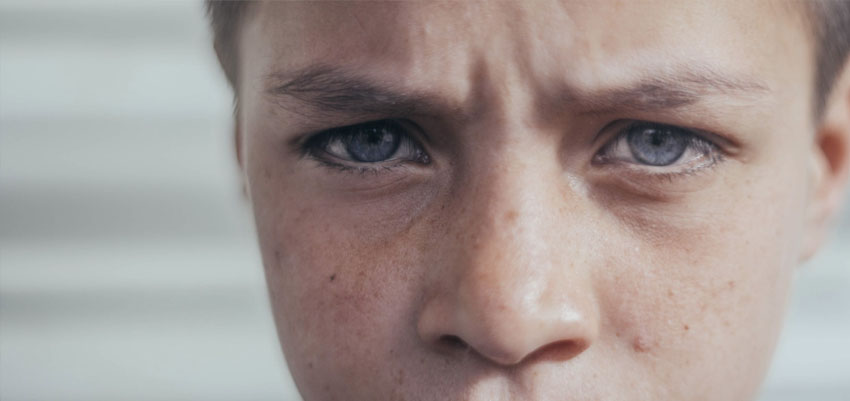
For parents, it’s natural to want the best for your child: monitoring their mental and physical health, discovering how they feel, and ensuring they have a healthy and happy life. While feeling occasional sadness and disappointment is a normal part of growing up, there are some conditions – such as depression and anxiety – that can have serious and lifelong effects.
Childhood depression is more common than you might think, too. A 2020 study of parents found that 1 out of every 25 Canadian children between ages 5-11 – that is, about one child for every elementary classroom around the country – had some mental health struggles. The study also showed that many parents are not aware of the feelings or depressive episodes their children face, long before the independence of their teenage years.
Here’s what you should know about childhood depression in Canada.
Causes of Childhood Depression
There is no single unique cause for depression in any demographic, but there are factors that can contribute to it. These can be directly tied to environmental or lifestyle conditions – which may be treated and thus prevented entirely – or they can be genetic in nature. It’s rare that just one of these causes depression on its own, so always consult a professional for a diagnosis.
- Physical Health: is your child obese, or do they eat a proper diet? Do they get enough good-quality sleep? What about chronic, painful medical conditions? Factors like these can cause depression in children. Studies show that better physical health leads to better mental health.
- Stress: Have you recently had a big, disruptive life change? Does your child seem concerned with looming deadlines or things out of their control? Stress can lead to a mental health spiral, which are difficult to overcome for anyone, let alone someone young.
- Environmental Factors: If a child’s home life is chaotic or they do not have regular routines and rules, depression can come in and take hold. As children grow, they need structure, creative outlets, and boundaries, which help them establish a sense of identity and self.
- Genetics: Parents may have latent or overt depressive or mood disorders, which can be passed down to children genetically. It has been shown that children who have affected family members are more likely to develop depression themselves.
- Biochemistry: Hormone levels and chemical imbalances can play a large part in how the brain works. If relative amounts are out of sync, this can manifest as depression, anxiety, and other disorders.
Signs of Depression in Kids
If you’re reading this page as a parent, you’re likely wondering how to tell if your child has genuine depression. Generally speaking, negative emotions are a crucial part of development for kids – but if they persist constantly for more than two weeks, they may be signs of something deeper.
Some of the warning signs of depression in children are:
- Self-harm or self-destructive behaviour
- Feelings of worthlessness or hopelessness
- Lack of focus or interest in what’s around them
- Lack of empathic behaviour around others
- Changes in energy or demeanour – consistently being tired, tense, irritable, etc.
- Changes in sleep or eating patterns – either much more or less than usual
- Resistance to trying new or fun things
- Suicidal thoughts or statements
Treatment for Childhood Depression
The good news is that, just like adult depressive disorders, childhood depression can often be treated and diminished. This is done through therapies, coping strategies, or pharmaceutical methods if appropriate.
The first step in proper treatment is to consult a licensed psychologist or therapist. For example, here at Your Counselling, our therapists will help to identify what type of depression your child is dealing with, how severe it may be, and what treatments are available. Alongside treatments that most of us have heard of, we also offer a unique approach for children known as Sand Tray Therapy. We specialize in behavioural-based approaches, helping our clients receive and retain useful strategies to overcome depression not just now, but later in life, too.
These include:
- Acceptance and Commitment Therapy (ACT)
- Cognitive-Behavioural Therapy (CBT)
- Dialectical Behaviour Therapy (DBT)
- Accelerated Resolution Therapy (ART)
Find a Therapist in Calgary, Alberta
To get more information on what would benefit your child the most, reach out to one of our counsellors today to set up a free 15-minute consultation. This will allow us to get some initial information, make sure we’re a good fit for your family, and recommend the first steps of treatment. We know this can be a difficult decision, and we are here to support you in any way we can. We look forward to helping you and your child live your best, happiest, and healthiest lives once again!
Check out this quick guide on when to consider a mental health check-up for your child.
To learn more on this topic, click over to our thorough blog titled Depression: Everything You Want To Know.

